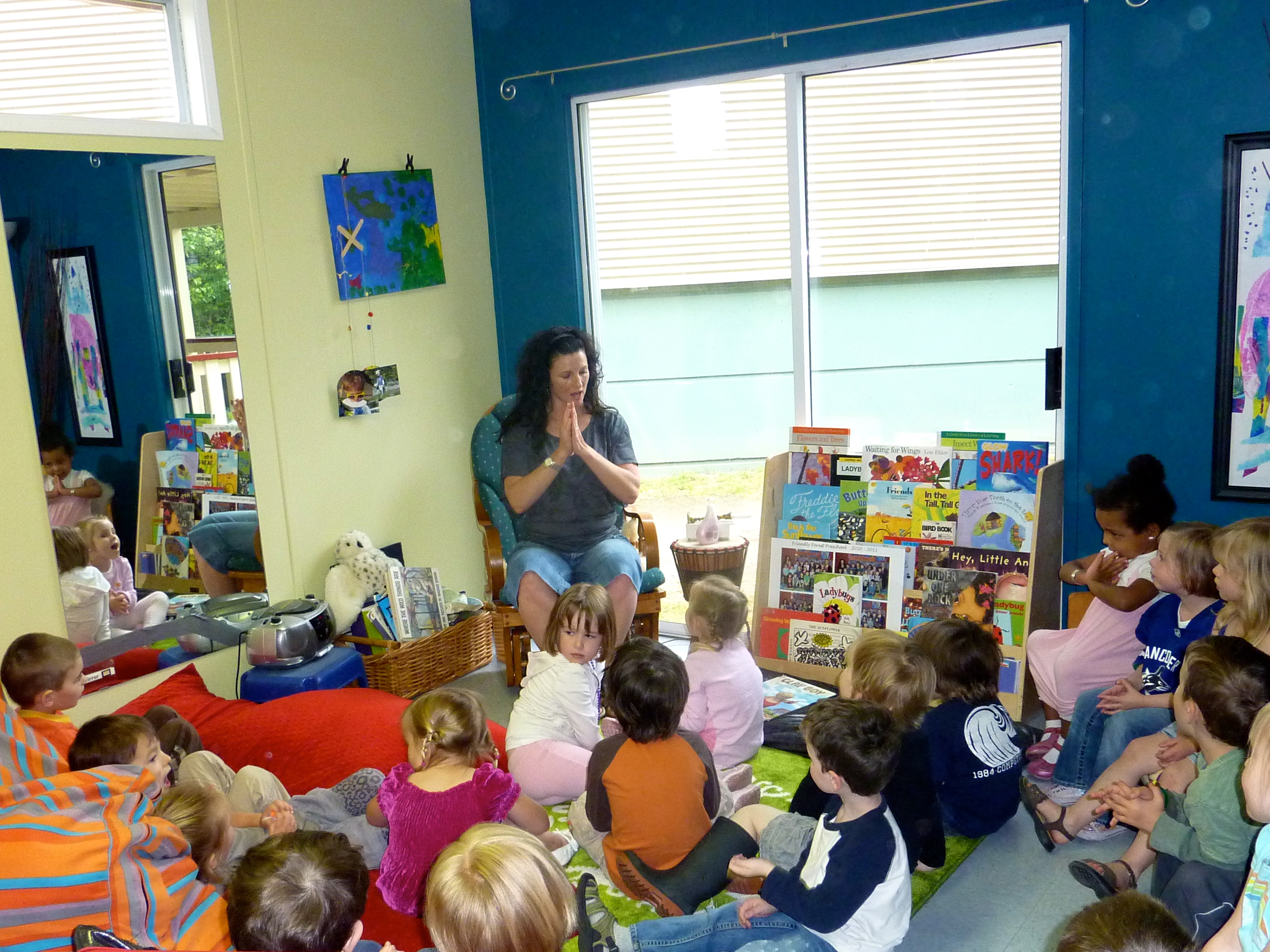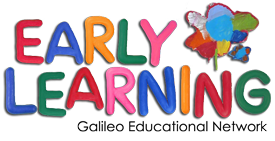
Whether it’s a group of four year olds or a classroom of second-graders, learning something new often means discarding preconceived notions of how things should be.
Effective teaching is about grasping a student’s initial understanding of a subject, then providing plenty of opportunity for them to build on and challenge their thinking.
As you will see, students are able to puzzle through two very different problems. In each case, however, effective teaching not only engages these students, they’re able to deepen the learning by using assessment practices where their true understanding of the subject matter is revealed:
A new student in Amy Park’s class; how shall we configure 26 desks?
The depth of learning taking place in the above examples is in contrast to the quality of learning through direct, teacher-led instruction, which is critiqued in Crisis in the Kindergarten: Why Children Need to Play in School:
“It seeks to transfer information rather than encourage problem solving, discovery or curiosity. Adults are authorities who tell children what to do and what to think, rather than as guides who assist children in puzzling through situations and deciding for themselves what they should do.”
~ Lawrence Schweinhart and the late David Weikart of the High/Scope Educational Research Foundation.
Downloads
Dr. Jane Hewes has tips on how adults can create an environment that allows children to explore their environment and learn through play.
Learning cannot take place without assessment. It’s especially important children are given opportunities to evaluate and participant in their own learning. This document lists what to look for in an early learning classroom.
Read how one child develops correspondence and compensation skills, thanks to a simple game of jumping frogs, rocks or marbles.
How can you create an ideal environment for learning another language? Also, find out why maintaining proficiency in the home language is key to a young child’s success in school.
Ratios are the name of the game when a young child decides to make “soup” out of different types of marbles.
A simple bedtime story can open the door to another “what if” conversation that involves math.
Breakfast time can be a great opportunity to think mathematically, as one mom and her son discovered.
This document contains information about core math skills, such as compensation, patterns and cardinality. The skills are also identified in the math-related play outlined in the other math downloads on the site.
Mathematical reasoning and problem solving are just some of the math skills gained by playing with a simple set of blocks.
Many children’s books address mathematical ideas in fun and interesting ways. Simply reading them, however, won’t instill deep mathematical understanding. But when kids can model the stories and are encouraged to find ways to generalize the mathematical ideas the stories contain, books can provide great opportunities for deepening mathematical understanding.

